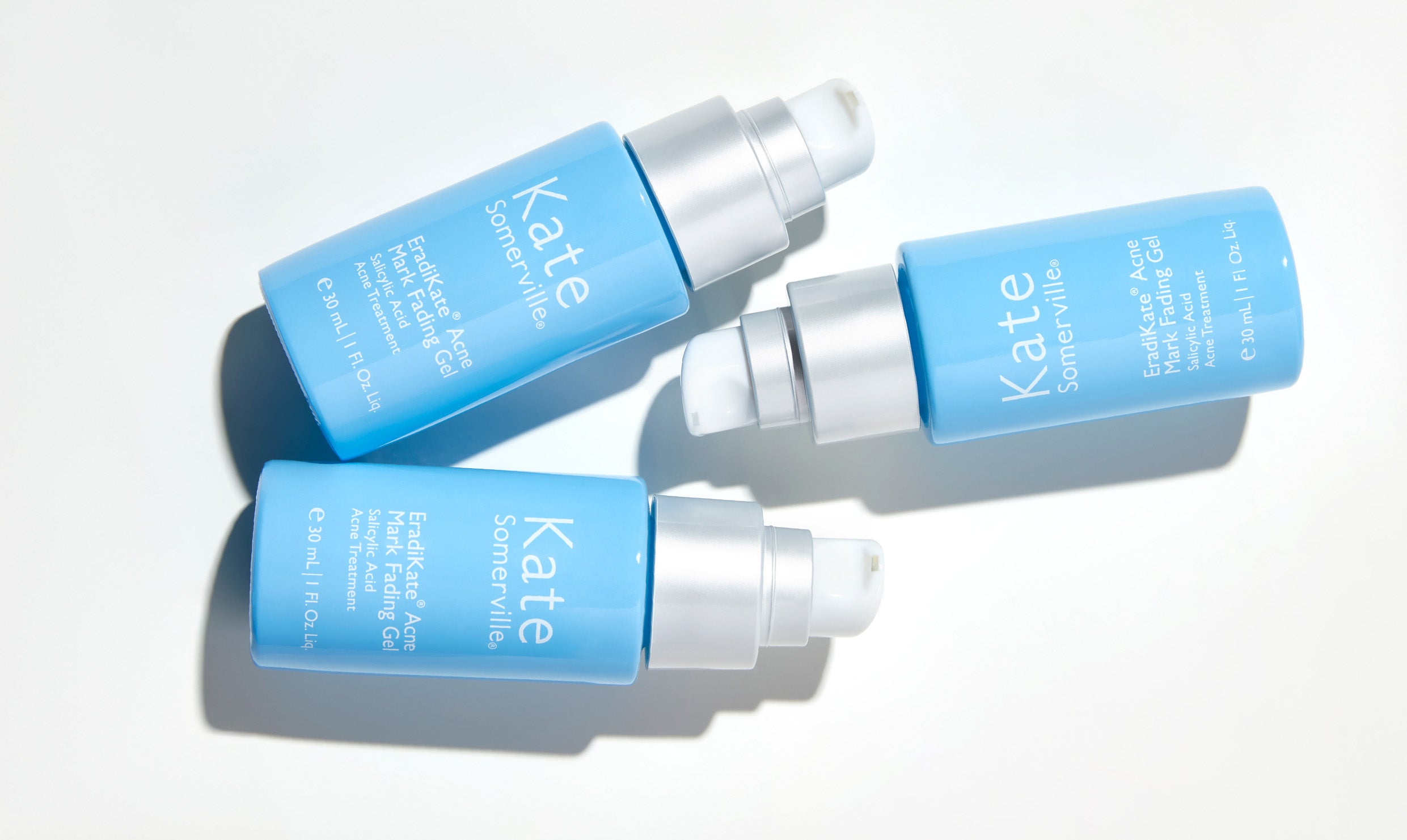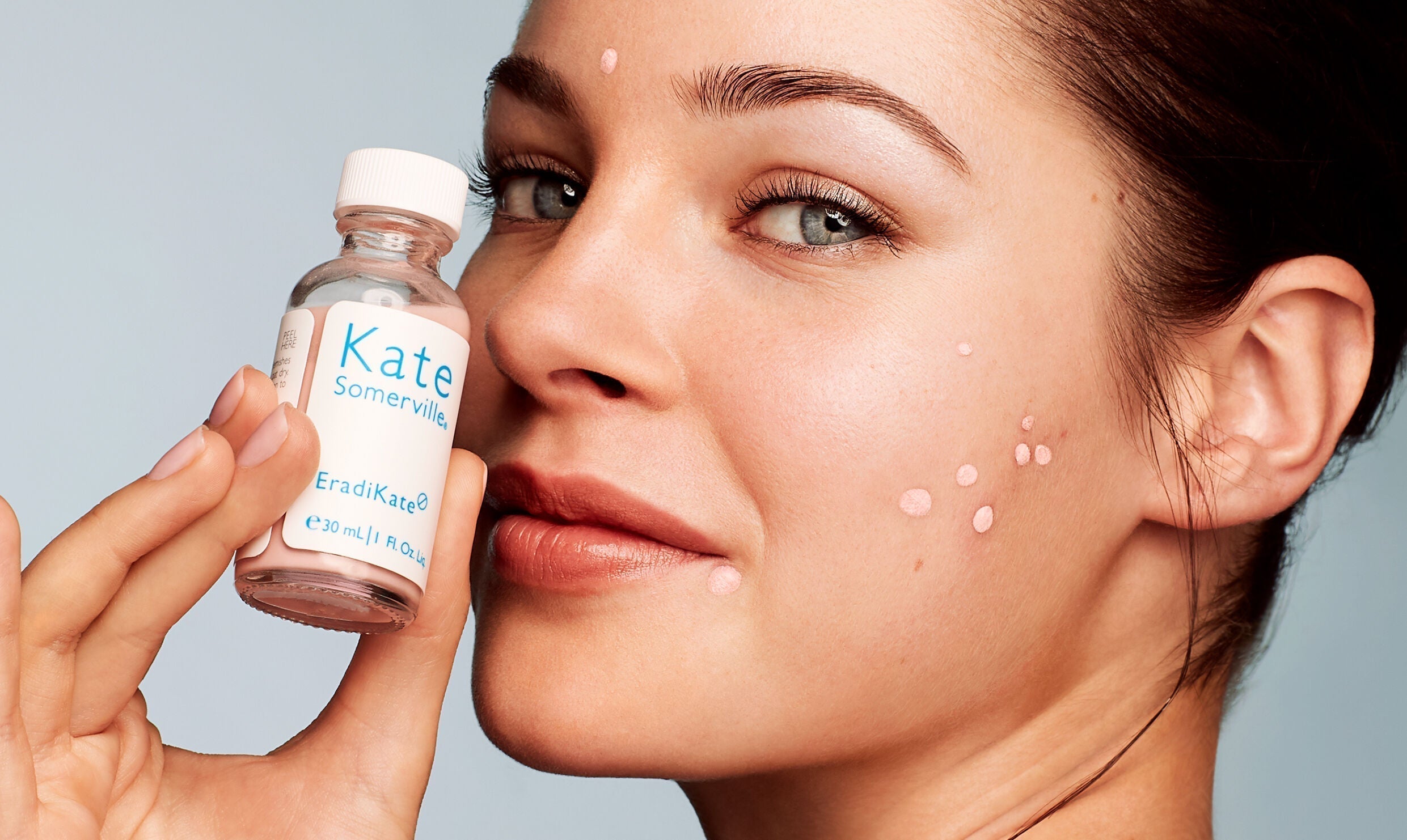
Skin conditions, ranging from minor irritations to serious disorders, significantly affect people. This guide covers various skin conditions, focusing on symptoms, causes, and treatment advances. Understanding these conditions is vital, as environmental factors and lifestyle choices play a crucial role in skin health. We aim to offer information on how to nourish and protect your skin through a combination of traditional and modern treatments, highlighting the importance of understanding skin conditions and treatments.
Skin problems not only affect physical appearance but also have psychological effects. With advances such as personalized medicine and biological therapies, dermatology is becoming more personalized and effective. Additionally, integrative care, which combines medical and holistic practices such as nutrition and stress management, provides a comprehensive approach to maintaining skin health, emphasizing the types of skin treatments available.
Common skin conditions:
Acne: Acne, a widespread skin problem, is often aggravated by hormonal changes, stress and dietary factors. While traditional treatments focus on topical and oral medications, recent research highlights the importance of a holistic approach, including dietary modifications and stress management techniques. Understanding the underlying causes and preventative measures is as vital as treatment, making acne management more effective and sustainable. This highlights the connection between common skin conditions and treatments.
Eczema (dermatitis): The unpredictable nature of eczema, often influenced by environmental factors and stress, requires a multifaceted treatment approach. In addition to medical treatments, understanding the role of skin barrier protection and environmental control can significantly alleviate symptoms. Recent advances in eczema care emphasize the importance of a proactive and preventive strategy in the management of this condition, showing different types of skin conditions.
Psoriasis: Psoriasis, beyond its physical manifestations, can have profound psychological effects. Current treatment strategies not only focus on symptom relief but also on improving overall quality of life. Research into genetic factors and immune system modulation has opened new avenues for more specific and effective treatments for psoriasis, expanding our understanding of skin conditions and treatments.
Rosacea: Rosacea, a condition often confused with other skin problems, requires a nuanced understanding for effective treatment. Recent studies have shed light on the triggers and physiological processes underlying rosacea, leading to more personalized and effective treatment plans. This includes a combination of topical treatments, lifestyle modifications and, in some cases, laser therapy, illustrating the variety of skin types and treatments.
Hives (hives): The sudden onset of hives requires understanding allergic reactions and avoiding their triggers. While antihistamines remain the primary treatment, ongoing research into immune response mechanisms offers hope for more targeted therapies in the future, aligned with the concept of skin conditions and treatments.

Rare skin conditions:
- Epidermolysis Bullosa (EB):
The complexity of EB requires a multidisciplinary approach encompassing wound care, pain management, and nutritional support. Emerging therapies, including gene therapy and stem cell research, offer hope for more effective management and potential cures in the future, aligning with ongoing efforts to understand skin conditions and their treatments.
The rapid and aggressive nature of necrotizing fasciitis requires immediate medical intervention. Research into early detection methods and new antibiotic therapies is crucial to improving survival rates and outcomes for affected people, highlighting continued evolution in the understanding of skin conditions and treatments.
- Natural Remedies and Lifestyle Adjustments:
In the area of skin health, the role of natural remedies and lifestyle adjustments cannot be underestimated. It is essential to adopt a lifestyle that promotes skin health, including stress reduction, dietary adjustments, and environmental awareness. These strategies, when combined with medical treatments, offer a holistic approach to managing skin conditions, emphasizing prevention and overall well-being.
Impact of environmental factors on skin health:
Environmental factors such as pollution, climate and exposure to ultraviolet rays They have significant impacts on skin health. Pollution, especially in urban areas, exposes the skin to a variety of harmful substances, including particles, heavy metals and gases, which can lead to skin aging, acne and other dermatological problems. Climatic factors such as humidity and temperature affect the skin’s moisture levels and barrier function. For example, low humidity environments can cause dryness and exacerbate conditions such as eczema, while high humidity can worsen acne.
Ultraviolet (UV) radiation from the sun is one of the main causes of skin aging and skin cancer. It is essential to protect the skin from UV damage by using sunscreens with adequate SPF levels, wearing protective clothing, and avoiding excessive sun exposure, especially during peak hours.
To mitigate these environmental impacts, people can use skin care products with antioxidants to combat free radical damage, maintain a regular cleaning routine to remove contaminants, and use humidifiers to control indoor air quality. Regular skin checks can also help in early detection of any adverse effects caused by environmental factors.
The role of nutrition in skin care:

Nutrition plays a crucial role in maintaining healthy skin. Vitamins, minerals, and antioxidants in foods can contribute to the health and appearance of your skin. For example, vitamin C is known for its role in collagen production and skin repair, while vitamin E is a powerful antioxidant that helps protect skin from oxidative stress. Omega-3 fatty acids, found in fish, flax seeds and walnuts, are beneficial in managing conditions such as psoriasis and eczema due to their anti-inflammatory properties.
Hydration is also essential for skin health. Adequate water intake helps maintain skin elasticity and moisture barrier. Diets rich in fruits and vegetables provide hydration and essential nutrients that support skin health.
The gut-skin axis is an emerging area of research that suggests a close relationship between gut health and skin conditions. Probiotics and a balanced diet can support gut health, potentially reducing inflammation and improving conditions such as acne and eczema.
It is important to note that while diet and environmental factors influence skin health, they do not replace medical treatments for skin conditions. A holistic approach that combines medical advice, skin care routines, environmental adjustments, and nutritional practices can lead to better management of skin conditions and overall skin health.
Navigating the complexities of skin conditions requires a balance of medical expertise, lifestyle adjustments, and understanding of the latest research. Each individual’s journey with their skin condition is unique and requires personalized care and treatment plans. By adopting both traditional and innovative treatment methods, people can achieve not only symptom relief but also a deeper sense of well-being and confidence.







